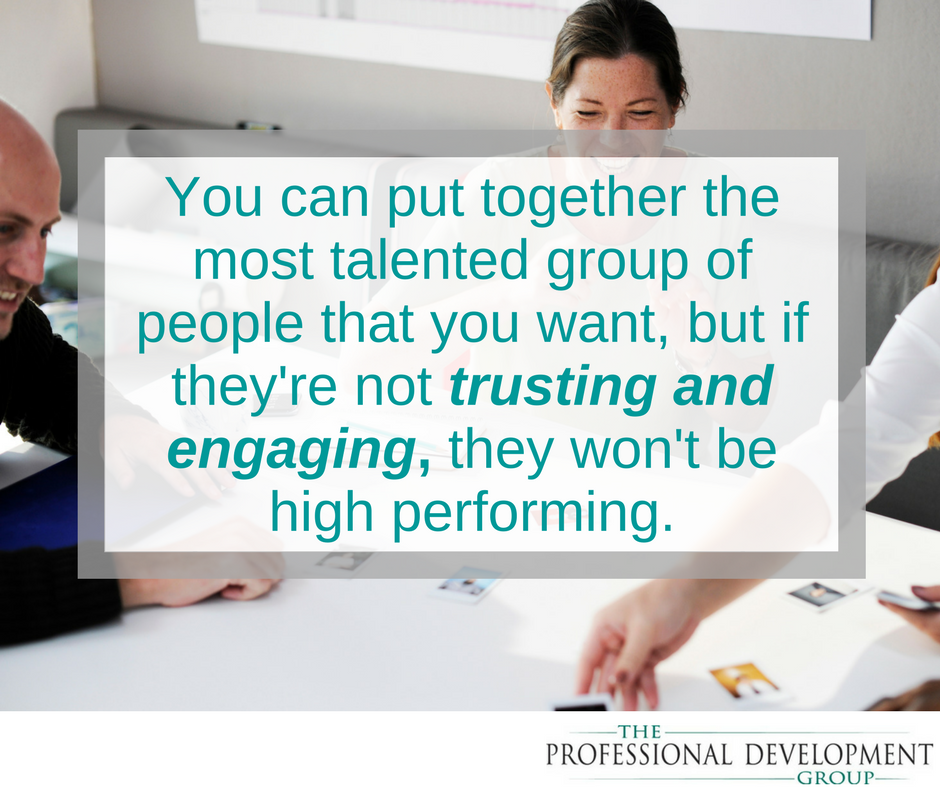"What was it like?" they ask. "What kind of challenges did you face?"
While there was a steep learning curve on learning a new language, culture, and an unfamiliar area, I was surprised how similar the challenges of creating high performing teams are. Yes, there can be some nuances related to culture and it is those differences that people most want to hear about.
For example, in China people tend to have lower trust of co-workers and organizations than Americans do. Because of this, they are often reluctant to express concerns or provide honest feedback--particularly if their opinions differ from their bosses.
This was the situation I faced in coaching Sharon, the executive director of a community center in Shanghai.
Sharon needed to understand where the breakdowns were occurring in her organization. We conducted a team building workshop as a way to unearth issues that were holding the team back. We asked staff members to offer feedback on what could be improved.
In order to create an environment where people felt safe voicing their opinions--especially ones that differed from the executive director's--I spent weeks building trust with the native Chinese employees in the community center. I also coached Sharon to listen for both positive and negative feedback without showing defensiveness.
These activities paid off and the feedback enabled us to address big issues related to communication and the overall mission of the organization. The resulting clarity reduced conflict, empowered employees to make their own decisions instead of constantly seeking Sharon's input, and allowed Sharon to focus more of her time on building relationships in the community that would help the organization grow.
Tuning into cultural nuances can make an important difference in creating high performing teams no matter where you are. The lens we use to read the culture is vital for being able to create meaningful solutions. Each organization has its own unique culture which can both help and hinder productivity and growth. As a leader, it's important to intentionally shape a culture of high performance. No matter where we are, we start by building trust.


